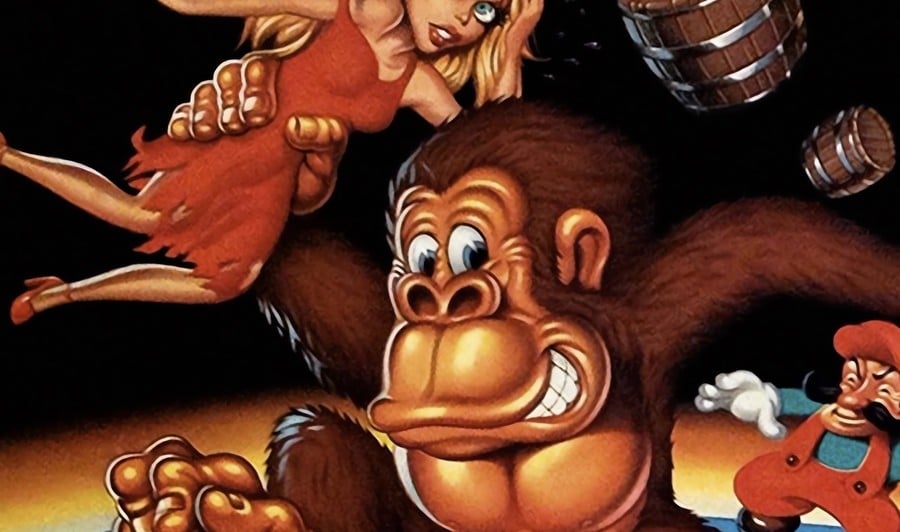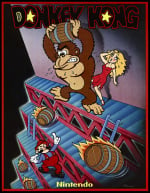
Donkey Kong is one of the most important games in Nintendo's history for many reasons. It gave us both the titular character and Mario, the latter of which would become the company's mascot. Secondly, it highlighted the talents of one Shigeru Miyamoto, arguably Nintendo's most significant employee. Thirdly, it saved Nintendo's flagging video game business, setting the company on course to dominate the domestic market with its Famicom / NES console.
However, what many people don't realise is while Miyamoto designed the game, the programming work on Donkey Kong was handled by an external company called Ikegami Tsushinki, which also worked on other Nintendo arcade games (such as Radar Scope, which apparently was handled almost entirely by Ikegami Tsushinki staff). Sega's Congo Bongo and Zaxxon were also programmed by the company.
The relationship between the two firms soured to the point that, in 1983, Ikegami Tsushinki sued Nintendo for ¥580,000,000 (around $4.3 million in modern USD) after the latter had created additional Donkey Kong arcade boards without the permission of the former, who technically owned the copyright to the game's code. In 1990, a trial took place in Japan which determined that Ikegami was right – Nintendo did not own the original code for Donkey Kong – and the two companies settled out of court in the same year for an undisclosed sum. As you can imagine, this isn't a part of its history that Nintendo is keen to shout about.
Because of that, this particular narrative isn't as widely known as you might imagine, but it's going to get another lease of life thanks to the efforts of Gaming historian Critical Kate and gaming preservation organizations Gaming Alexandria and Hit Save! They've all teamed up to translate an 11-page document written by one of the Ikegami Tsushinki staffers who worked on the game. The technical document – penned in 1997 – is based on information he'd held onto since 1981, and contains details never mentioned in any previous interview relating to Donkey Kong.
Rather than use machine translation, the plan is to pay for a high-quality translation via the excellent Shmuplations, where the piece will also be published. A goal of $750 was selected, and this was quickly surpassed in less than 3 hours.
Soon, Donkey Kong will give up more of its secrets – and we personally cannot wait.





